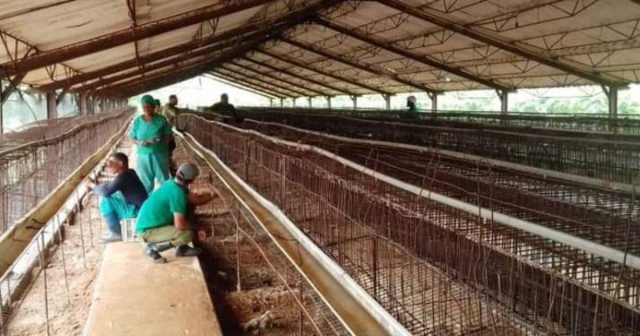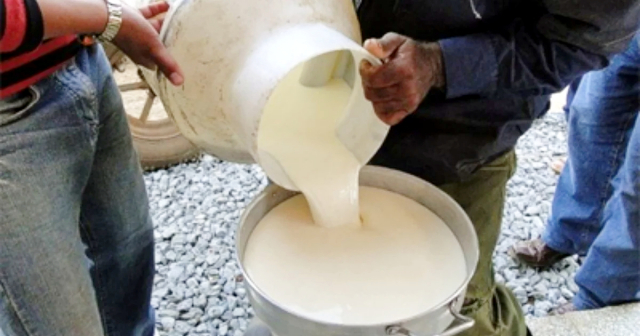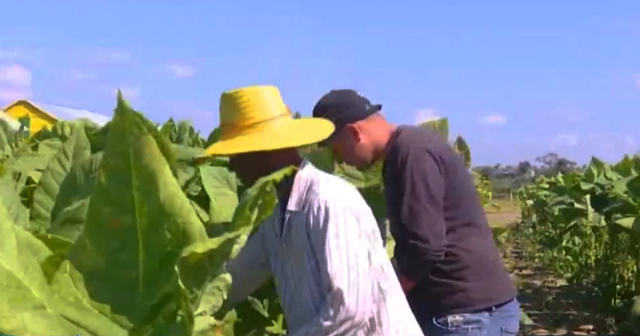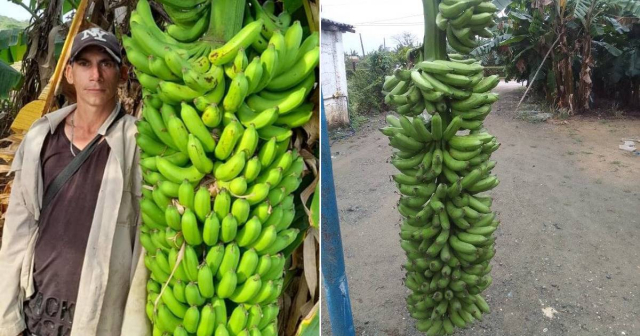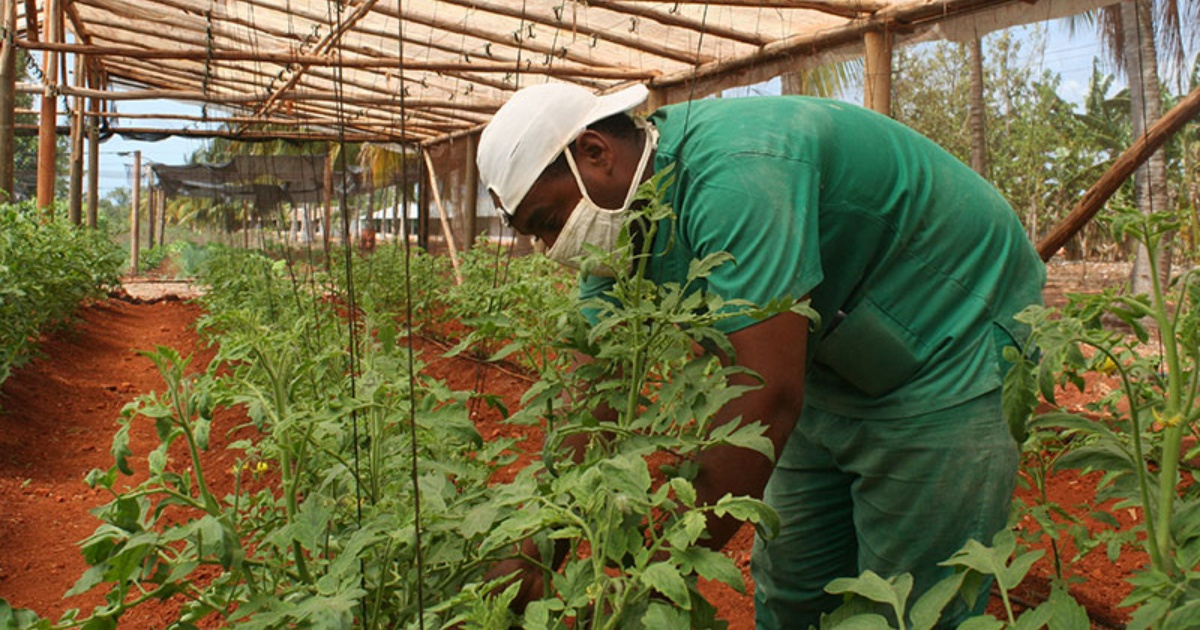
A recent annual balance of theagriculture in Cuba showed that 2021 was one of the worst years of the last decade in that economic area, sinceA total of 180 companies closed the year with losses of over 9,000 million pesos (about 90 million dollars).
Minister Ydael Pérez Brito attributed the complex situation of agriculture in Cuba to“intensification of the blockade, the pandemic, the economic crisis and the implementation of the monetary order.”
The crisis in the countryside has been especially reflected in strategic areas such as sugar and tobacco, both with a performance below expectations, said Pérez Brito in statements reported by the official media.Cubadebate.
In 2021Only 69.4% of the area planned for sugar production was planted, one of the worst data in the history of that sector on the island.
Regarding tobacco,The tobacco planting area was reduced by 10% in December in the 2021-2022 campaign due to lack of fertilizers and other inputs necessary for this crop, the island's main agricultural export.
The head of Agriculture acknowledged that, in general,The planned volumes were not reached in 32 of the 37 production plans planned in Cuba.
Pérez Brito also said that, at the end of February, of the 10 main indicators that substitute imports and constitute exportable items,six products failed to meet export projections.
They are industrial beef,the industrial tomato, twisted tobacco for export,rice and bee honey.
Exports were only met in four items: coffee, cocoa, industrial milk and mechanized twisted tobacco.
Regarding agricultural cooperatives, Pérez Brito indicated that although the Ministry of Justice approved in the last year the hiring of a legal advisor for 82 cooperatives, to date 52 of them do not have one due to financial problems and lack of availability. of jurists.
In total, “of the 4,540 cooperatives in the country, 1,307 do not have advice, which represents 29%.”
“The economic results of the system reflect the impact of the application of the Monetary Regulation, together with the other limiting factors of the current scenario,” said Pérez Brito; and added that the aforementioned 180 companies closed with losses in the amount of 9,028,629,000 pesos.
The minister pointed out that in 48 of those 180 companies the losses were linked to what was designed in theOrdering Task with a view to protecting producers, and specified that 132 companies “did not support the approved devaluation.”
“We work together with the Ministry of Economy and Planning and the Ministry of Finance and Prices with the aim of finding solutions for companies with losses due to causes beyond their management. The rest have to look for alternative solutions to them internally, transforming their structure and seeking efficiency based on the measures approved by the Government to strengthen the socialist state company,” he explained.
Regarding the“non-payment to producers” - a long-standing problem in Cuba - said that the process was modified, but admitted that although non-payment was reduced, there are still "violations between the parties involved in the collection and payment relationships between producers and marketers."
Aboutcontrol of the livestock mass, the minister explained that they are working on the total elimination of landless owners of cattle, and specified that “the provinces with the most landless owners” are Pinar del Rio, Artemisa and Villa Clara.
The president of the Livestock Business Group (GEGAN), Yoan Sarduy Alonso, indicated that65 livestock companies reported losses last year.
Ydael Pérez Brito recalled that the GEGAN that They are responsible for the recovery of the 1,100 existing dairy farms in the country, of which not even half are in operation.
Cuba imports between 60 and 70% of the food it consumes and blames the US embargo for making importing products an increasingly complicated task.
In order to advance the so-called "food sovereignty", the Cuban Government presented on February 26 a "bill" that aims to increase agricultural production and reduce its dependence on imports.
Last year, it also approved a group of 63 measures aimed at increasing agricultural production at a time marked by the shortage of some basic agricultural products.
Meanwhile, Cubans continue to overcome the shortage of many foods in their daily lives, which, together with unstoppable inflation, maintains access to food as an aspect of serious concern for the population residing on the island.
What do you think?
COMMENTFiled in:

